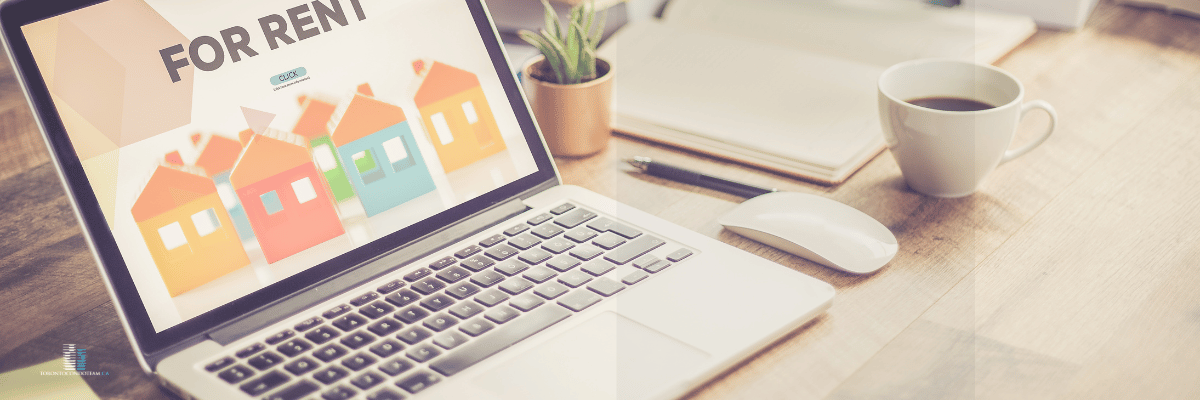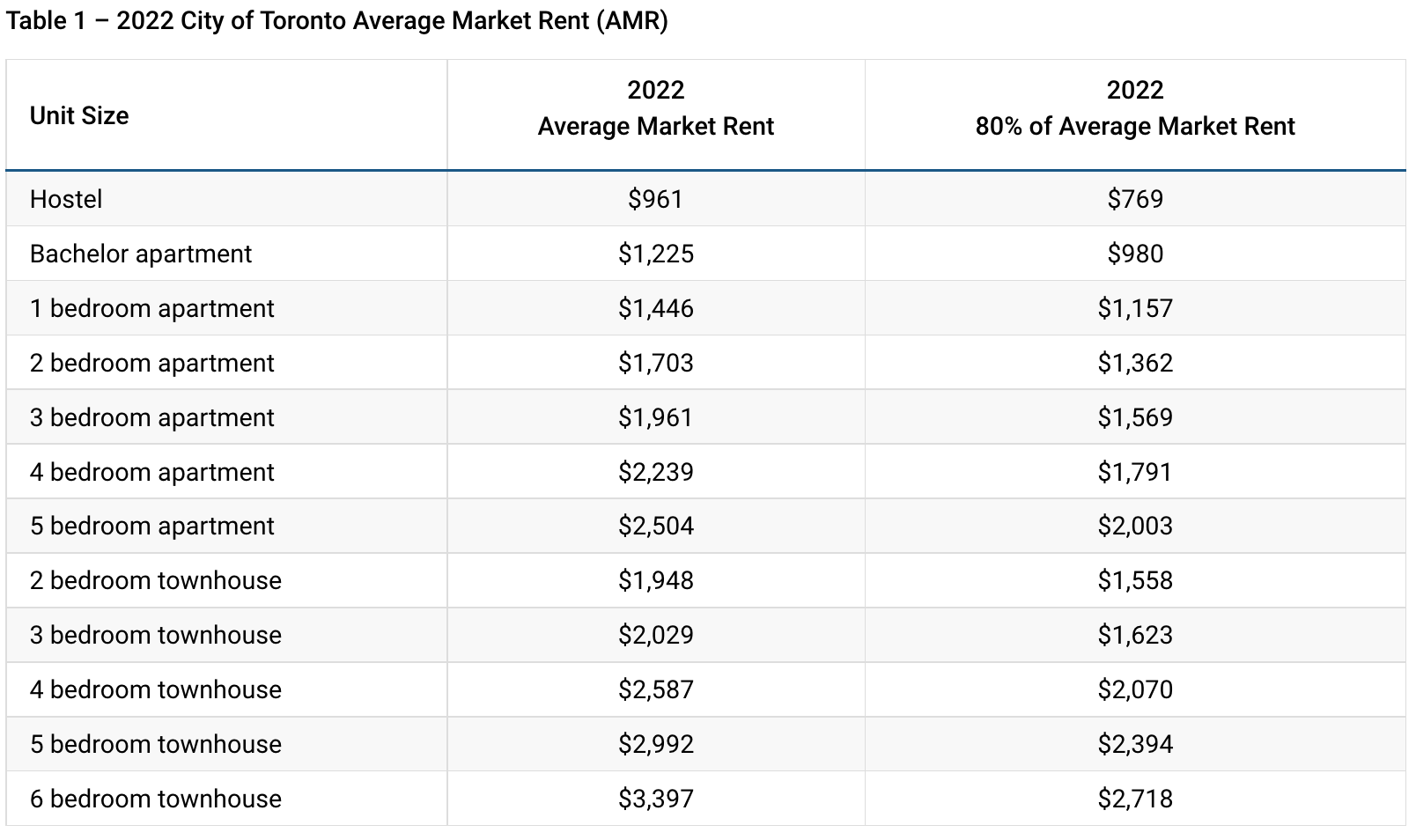Renting in Toronto | What You Need to Know
![]()
Renting in Toronto can be a challenging but rewarding experience. As the largest city in Canada, Toronto has a diverse range of neighbourhoods to choose from, each with their own unique character and personality. However, the rental market in Toronto is competitive, and finding a place that fits your budget and preferences may take time. It's important to do your research and be prepared to act quickly when you find a place that you like. It's also a good idea to familiarize yourself with the rights and responsibilities of tenants in Ontario to ensure a smooth rental experience. Overall, renting in Toronto can be a great way to experience all that the city has to offer.
What is the average rent in Toronto?
The average rent for a one-bedroom apartment in Toronto in 2022 is $1,446 per month and $1,703 per month for a two-bedroom apartment, according to the current city of Toronto average market rents & utility allowances. Rent prices may vary by Toronto neighbourhood and type of residence. Downtown Toronto neighbourhoods tend to be more expensive, while farther-out municipalities in the GTA may offer more affordable options.
Housing Chart provided by city of Toronto
Should you rent a condo, apartment or house in Toronto?
Here are the pros and cons of renting each type of residence in Toronto.
Renting a Condo
Condos tend to be more modern and may have condo amenities like fitness centers and rooftop decks. They may also be located in more convenient walk-score or transit score locations, such as downtown Toronto. Condos may also have more security, as they often have a dedicated concierge or security guard. Condos can be more expensive than apartments or houses, and you may have to pay additional fees for amenities or condo maintenance. Condos may also have stricter rules regarding noise and behaviour, as you are living in closer proximity to other residents.
Renting an Apartment
Apartments tend to be more affordable than condos and may offer more flexibility in terms of lease length. They may also have more lenient rules regarding noise and behaviour.
Apartment buildings may also offer amenities like laundry facilities and outdoor spaces.
Apartments may not be as modern as condos and may not have as many amenities. They may also be located in less desirable Toronto neighbourhoods.
Renting a House
Houses tend to offer more space and privacy than condos or apartments. They may also have outdoor areas like yards or decks. Houses can be more expensive than condos or apartments and may require more maintenance. They may also be located in less convenient areas, such as Toronto suburbs. Ultimately, the type of dwelling you choose will depend on your budget, location preferences, and lifestyle.
Will rent go down in Toronto?
It is difficult to predict the future of rent prices in Toronto. Factors such as the local economy, demand for housing, and availability of rental properties can all affect local rental rates. In recent years, Toronto has experienced high demand and rising rent prices. However, changes in the economy or housing market could potentially lead to a decrease in rent. It is important to monitor Toronto Condo Market News to get a sense of what may happen in the future to rental costs.
How much can rent increase in Toronto?
There are limits to how much rent can increase in Toronto. Under Ontario's Residential Tenancies Act, landlords can only increase the rent once every 12 months and the amount of the increase is limited to the guideline set by the Ontario government. The guideline is based on the Consumer Price Index (CPI) and is typically around 2.5% per year. This means that in Toronto, landlords can increase the rent by a maximum of 2.5% plus any additional amount that the tenant and landlord agree upon. It is important for tenants to be aware of their rights and the guidelines for rent increases in order to ensure that they are not being overcharged.
Conclusion
There are many pros and cons to each type of residence when renting in Toronto. It's important to carefully consider your rental budget, location preferences, and lifestyle in order to find the best fit for you. Whether you choose a condo, apartment, or house, it's important to weigh the advantages and disadvantages of each option before making your decision.






Post a comment